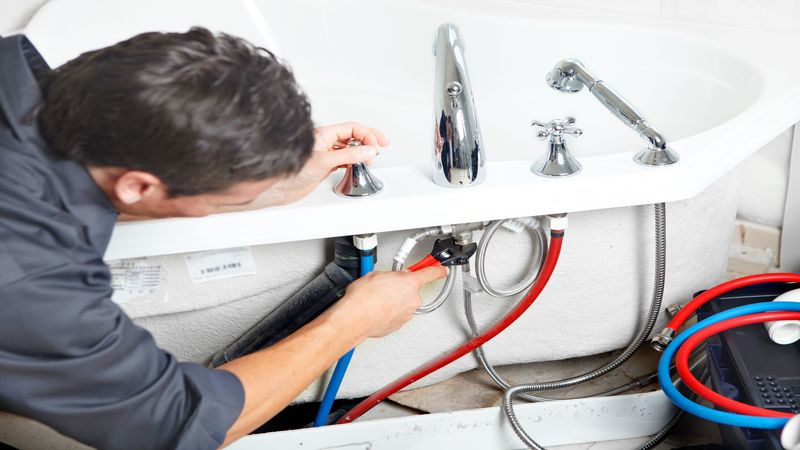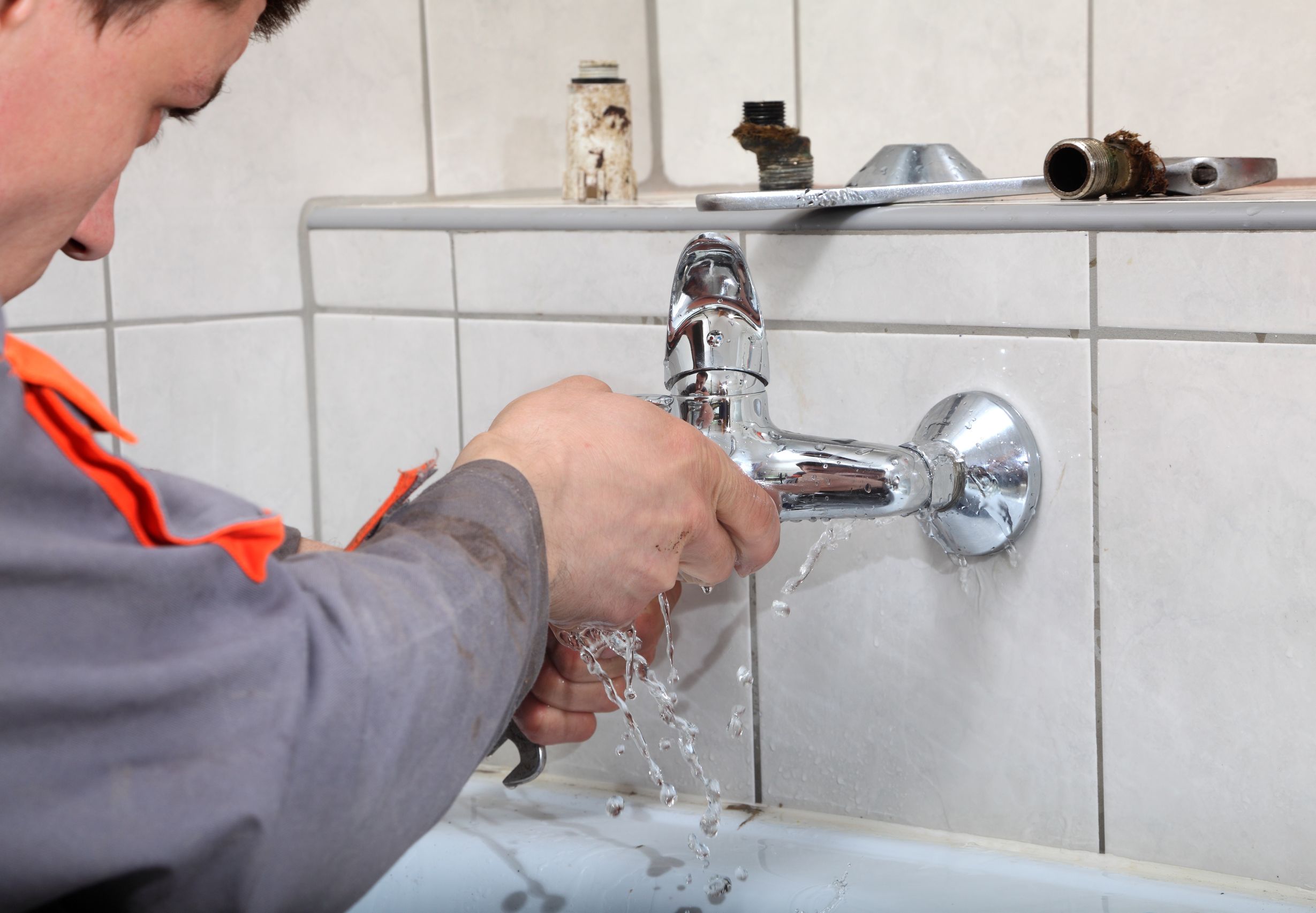A plumber is a skilled tradesman that is extremely knowledgeable about the installation and repair of pipes. The pipes can carry water under pressure, gas and waste; collectively these pipes are considered to be the “plumbing” in the building whether it is a residence or commercial building. Wilmette plumbers normally spend a number of years training as an apprentice before striking out and establishing an independent business. Because the ramifications of an error can be serious, plumbers must take an exam before they are issued their license which is what is needed to establish a business. The licensing exam covers all aspects of the prevailing safety and health codes as well as technical knowledge and skill.
The word “plumber” has its roots in Latin as the Latin word for lead is “plumbum.” In ancient Rome pipes were made from lead hence those who worked with them were literally called “lead workers.” Of course lead pipes have been banned for years because of health concerns but nevertheless the profession retains its ancient name and chances are it always will.
During the construction phase of a new structure, Wilmette plumbers are part of the construction team. The plumbers are responsible for determining where the various pipes will be installed and ensures that they are installed correctly. A plumber does not just install the pipes; he is also responsible for making the final connections to the fixtures that the pipes serve; both fresh water and drains. In many cases the same plumbing professional will install the gas lines that bring fuel into the home for heating and cooking purposes and in some cases plumbers have gained certification which allows them to install heating and cooling systems. As plumbing is a component of an integrated set of services the plumber works alongside electricians.
Wilmette plumbers also are responsible for repairing and replacing old piping that leaks. Plumbers are also called in by the property owner to unclog drains and sewers or to repair leaking faucets, repair garbage disposals and other fixtures. Some minor tasks like changing the washer in a faucet are easy enough that most homeowners handle them without the aid of a plumber; major tasks require specialized tools and skills that only the plumber has. There are some very complicated tasks involved in the plumbing trade, re-piping an entire home can lead the plumber to areas in the home where the wood has rotted or mold has set in, this usually results in getting others in to fix these problems.







